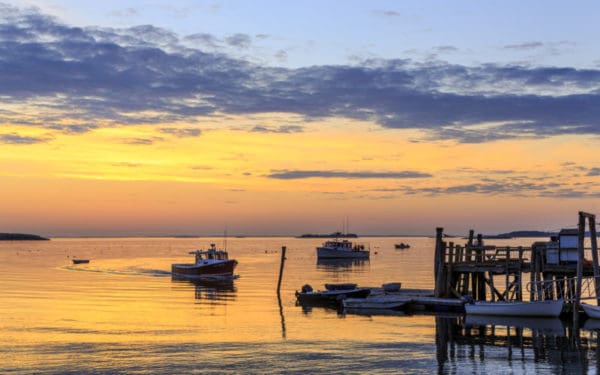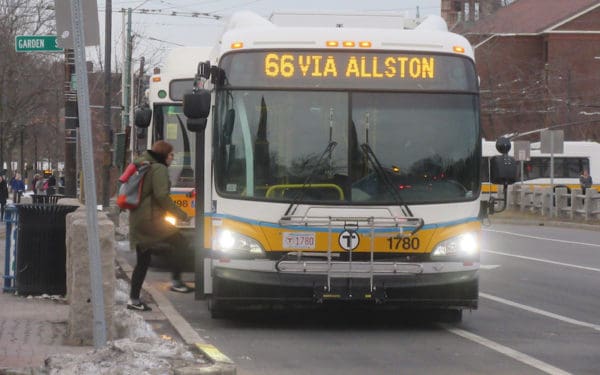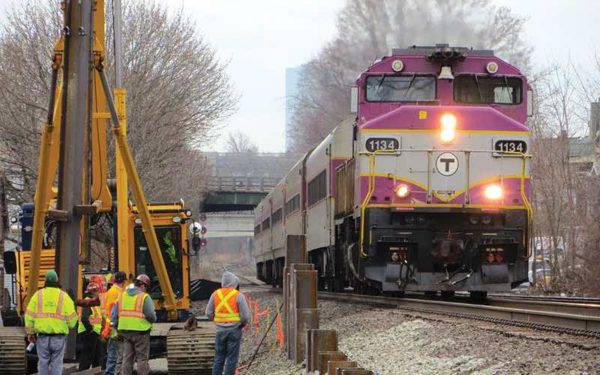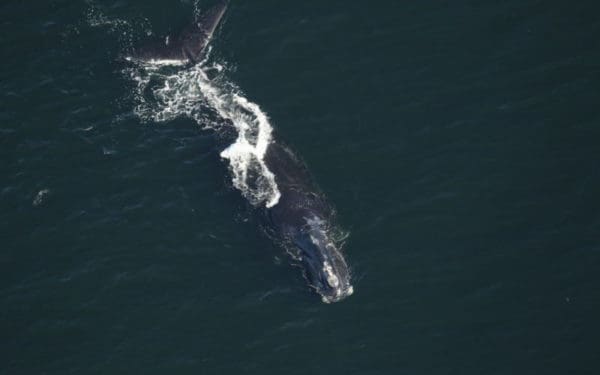Mar 07, 2019
The 2018 midterms brought a Democratic majority to the House, giving us new and exciting opportunities for environmental legislation. This Congressional session, CLF’s Oceans team is focused on protecting special places in New England’s ocean, effectively addressing threats facing the critically endangered North Atlantic right whale, and promoting sustainable fisheries.
Mar 06, 2019
We’re at a critical juncture when it comes to improving the MBTA. The T has three big projects in the works, all of which are connected: fare increases, a new system for collecting that fare, and improved bus service in greater Boston. These projects are an opportunity to make the system work better for everyone. Here’s how the MBTA can get it right.
Mar 06, 2019
Two years after the MBTA’s strategic plan was approved, we’re looking into how well the T stuck to its own goals. While the T has completed some of its infrastructure and financial goals, it has a long way to go to meet its accessibility and climate goals.
Mar 06, 2019
Staci Rubin, a senior attorney at the Conservation Law Foundation, said riders have been patient but their patience is starting to run thin. “It’s really time for customers to start experiencing improvements,” she said.
Mar 06, 2019
“That standard should probably be set between 1 part per trillion and zero,” said Bradley Campbell, president of the foundation. “That’s where the agencies should end up, if they engage deeply in the science.”
Mar 06, 2019
“We must make it as easy as possible for people to get out of their cars and choose public transit, and that starts with a system that works for everyone,” said Staci Rubin, Senior Attorney at CLF. “It’s clear that the MBTA needs to focus on protecting the system from climate change and improving accessibility. These aren’t always the most visible projects, but they’re critical if we’re going to have a transportation system that is prepared for the future and doesn’t leave anyone behind.”
Mar 06, 2019
Managing energy demand is the easiest and cheapest way to meet energy needs.
Mar 05, 2019
It’s an exciting time for offshore wind in New England, with multiple projects moving forward over the next decade. Developers can move the clean energy industry forward while protecting North Atlantic right whales by following these best practices.
Mar 02, 2019
Nitrogen pollution is driving Cape Cod’s waters to the brink of ecological disaster.
Mar 01, 2019
Stop landfills from poisoning our air and water.








